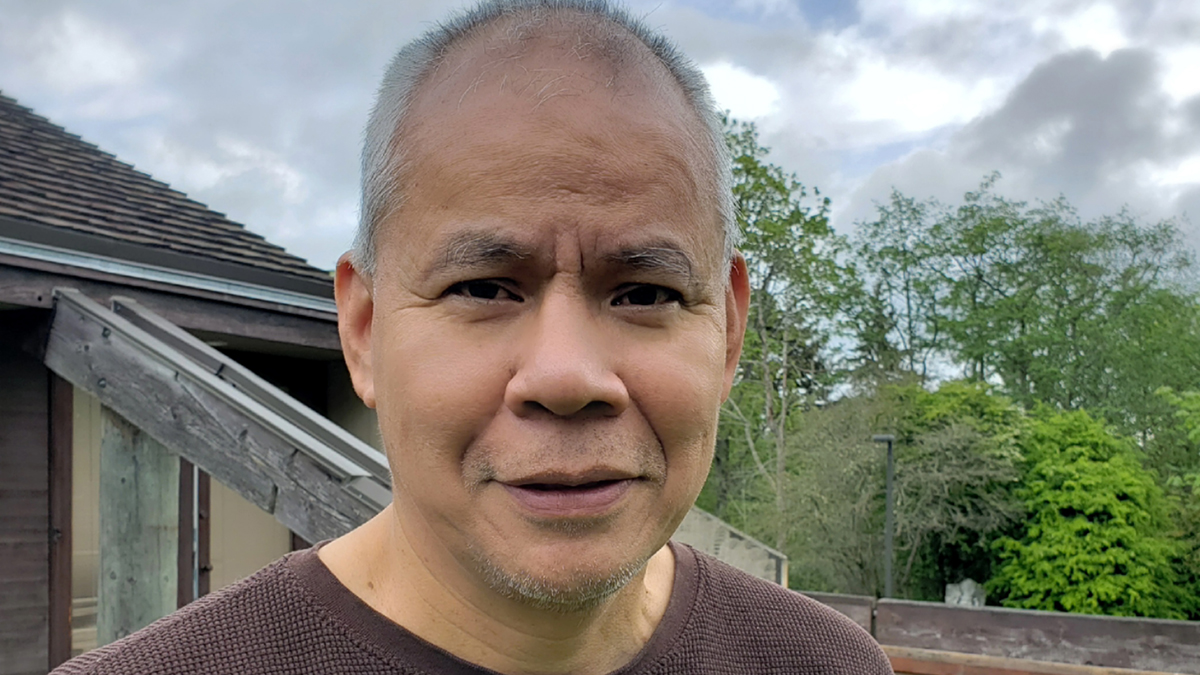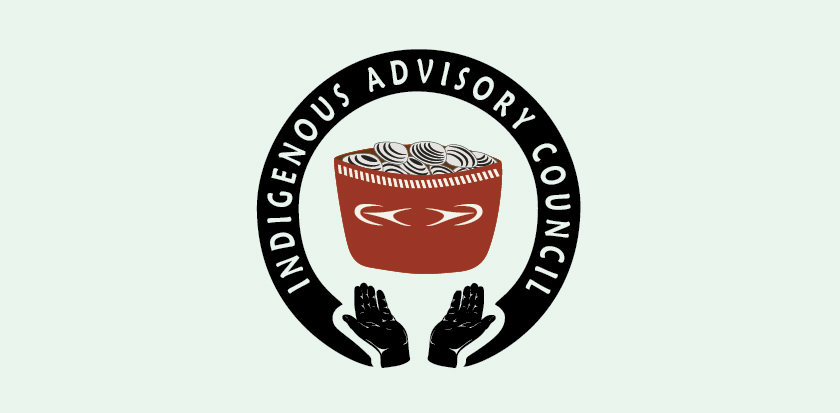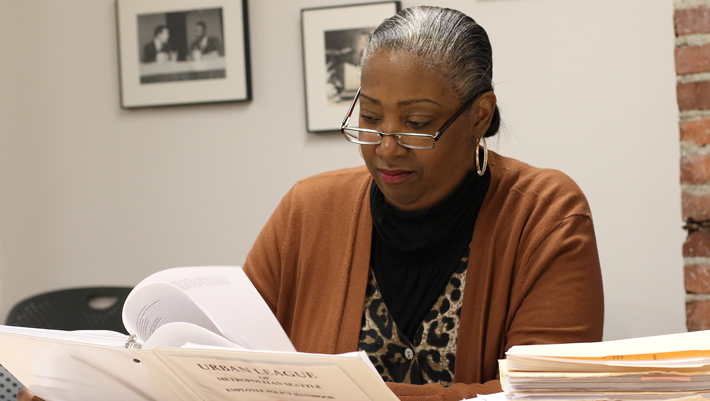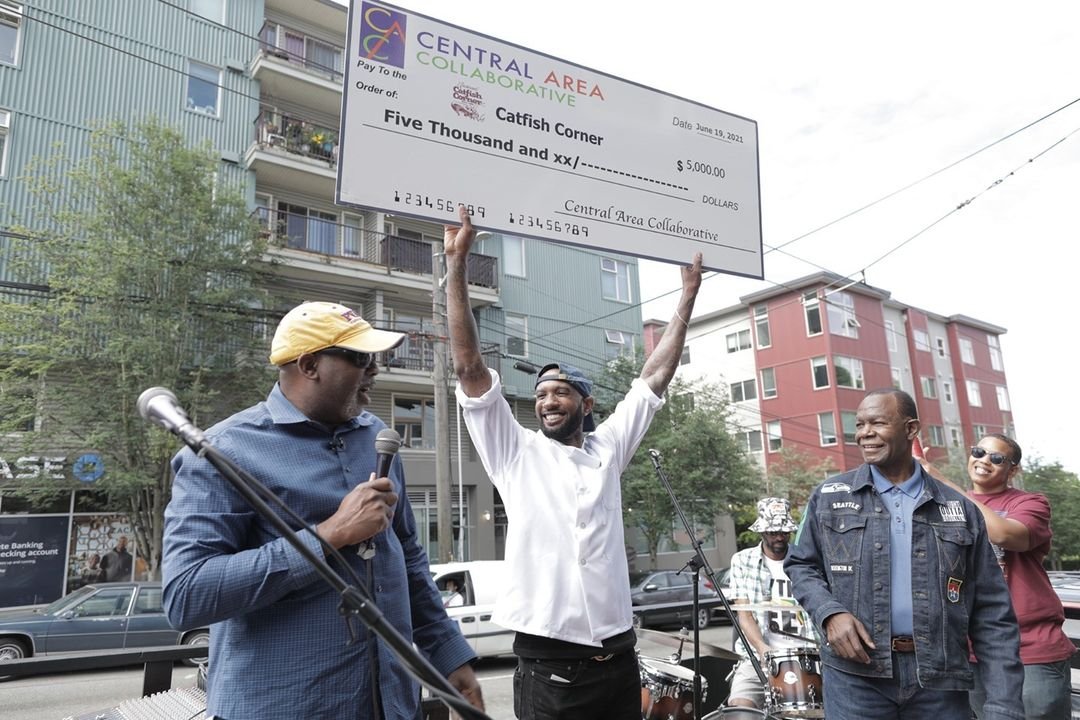 Michael Tulee, Executive Director of United Indians of All Tribes Foundation
Michael Tulee, Executive Director of United Indians of All Tribes Foundation In celebration of Indigenous Peoples’ Day, we are hosting this series of profiles to recognize local Indigenous leaders, artists, activists, and organizations. The groups and individuals featured in this series have dedicated their work to supporting Native American communities and commemorating Indigenous peoples, cultures, and histories in the area and across the nation.
MICHAEL TULEE
Michael Tulee is a Yakama tribal member who currently serves as the Executive Director of United Indians of All Tribes Foundation. Founded in 1970, United Indians of All Tribes Foundation provides an extensive array of culturally responsive services and programming to Seattle and King County’s urban Native community. Their headquarters, the Daybreak Star Indian Cultural Center, was completed in 1977, and has become a hub of activity for Native peoples and their supporters locally, nationally, and internationally.
Learn more about Michael in our brief Q & A below:
What does Indigenous Peoples’ Day mean to you and how would you like the City to honor this day in the future?
To me, it is the beginning of a rebuke to a colonized notion that our lands were meant for Europeans. This beginning is the beginning of the rejection of holidays, statues, and other memorials attributed to Christopher Columbus, and dispelling the belief that he “discovered” revered lands where people already lived. I think the city should recognize that Indigenous Peoples’ Day should be utilized as an education tool that more accurately represents colonization history in the Western hemisphere
How have the incidents of the last seven months impacted you, your community, and/or your work?
I believe that my former life as I knew it will never be the same. I believe my life will be more guarded simply because I think there will be more dangerous viral threats entering our ecosphere within my lifetime. On a short-term basis, it has greatly altered my social habits. Entertainment outings are quite limited in scope. Within our Native community, I believe families have, in large part, resigned themselves to increasingly sedentary lives. In the name of safety, I think Native families remain homebound. I am quite certain that higher percentages of Native families are experiencing unemployment/underemployment. For our organization, we executed emergency job saving measures that are serving as a temporary solution to a long-range challenge. Our challenge will be to create new funding streams for the long game.
What are you doing to find joy or solace?
Myself and my wife are spending more time conducting yardwork activities, as well as more time at the beach appreciating sunsets. We are also spending more time with our grandkids.
This crisis has given us all the opportunity to reimagine our collective future. If you could reimagine the City of Seattle, what would it look like?
I would like to see a kinder, gentler city. I would like to see more community togetherness. I could imagine a caring kind of atmosphere because of the immense wealth that exists in this city. I could imagine stronger inter-city connection/networking playing crucial roles in causing cultural changes.
Name a local Indigenous individual or organization that Seattle should know more about.
Norine Hill because she is committed to creating a better world not only for Natives, but mankind. I think she would be a person to connect with!
[Editor’s Note: Norine Hill is the founder of Mother Nation, a non-profit organization offering cultural services, advocacy, mentorship and homeless prevention services to celebrate and inspire the success of Native American women.]


